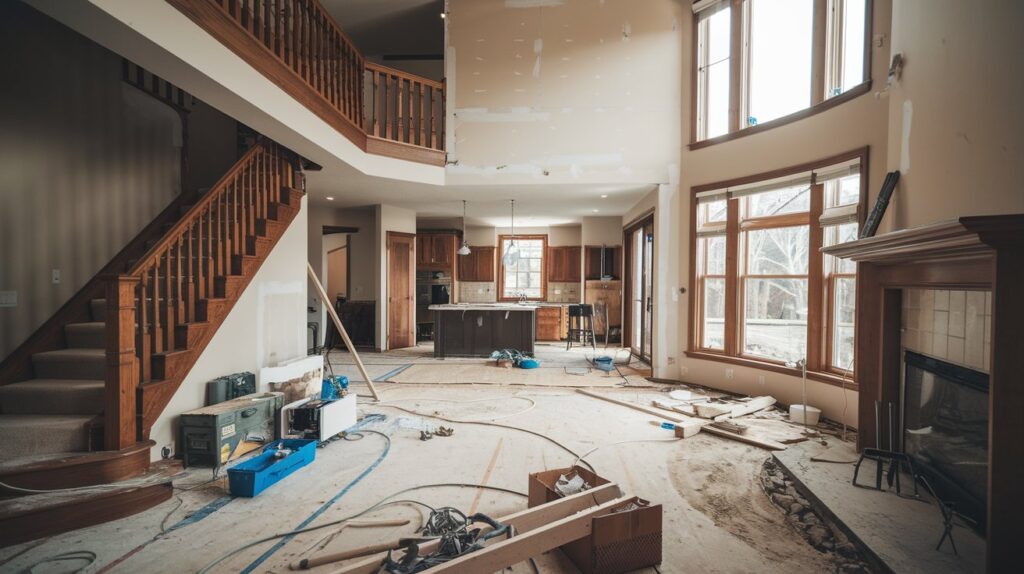Taking up a home remodel may be one of the nicest things any homeowner can do. No matter if you want to renovate a single room or plan a Complete Home Renovation, all it needs is careful planning. Home remodeling can help improve aesthetics, functionality, and property value.
Before you start knocking down walls, here are eight things every homeowner needs to know.
1. Set a Realistic Budget
Every remodel starts with a budget, make yours clear, and realistic. Costs often exceeded estimates, so include 10-20% excess for unexpected expenses. The National Association of Home Builders (NAHB) says that homeowners don’t know how much materials and labour will cost. Having a budget will help you prioritize what is most important to you, and will help you avoid spending a fortune.
2. Understand Your Home’s Structure
To make any changes to your house structure, first, understand the structure of your home. Proper design decisions rely heavily on load-bearing walls plumbing lines and electrical system. Before you start your project, get the seal of approval from a structural engineer. The U.S Department of Housing and Urban Development (HUD) offers helpful information on home improvement regulations.
3. Choose the Right Contractor
A qualified, licensed contractor can make or break your remodeling experience. Always verify credentials, check references, and review previous projects. You can confirm licensing information through your state’s contractor licensing board or trusted organizations such as the Better Business Bureau (BBB).
4. Prioritize Energy Efficiency
Modern renovations should focus on sustainability and energy efficiency. Consider upgrading to Energy Star-rated appliances, double-pane windows, and LED lighting. The U.S. Department of Energy provides guides to help homeowners improve energy performance during renovations. These choices can lower utility bills and reduce your environmental footprint.
5. Plan for Functionality and Lifestyle
A Home Remodel is not only about aesthetics. Think about how you use each space. Open-concept designs may look appealing but can affect privacy and noise levels. Create layouts that match your family’s lifestyle, whether that means a more spacious kitchen, additional storage, or a dedicated home office.
6. Obtain Necessary Permits
Skipping permits may save time initially, but it can result in costly fines or problems when selling your home. Permits ensure that renovations meet safety and zoning regulations. Check your local building department’s website for details, or consult your contractor for guidance.
7. Prepare for Disruption
A Complete Home Renovation can take weeks or even months to complete. Be prepared for temporary inconveniences such as noise, dust, and limited access to certain areas. Setting up a temporary kitchen or living space can help your family maintain comfort during the process.
8. Think Long-Term
When remodeling, plan for longevity and future resale value. Opt for timeless designs, durable materials, and quality craftsmanship. Avoid overly trendy choices that may go out of style quickly. According to Forbes Home homeowners should prioritize updates that increase functionality and long-term appeal, such as kitchen and bathroom upgrades.
Final Thoughts
A Home Remodel is an investment in both comfort and value. Taking time to plan, budget, and hire the right professionals can make the difference between a stressful project and a dream home transformation. By following these eight essential tips, you can approach your Complete Home Renovation with confidence and clarity.

